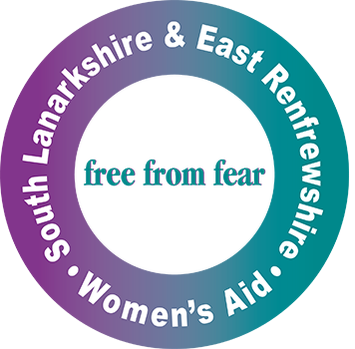 I am not quite sure when period poverty was first heard of by me, or the first time our organisation’s local MSP Monica Lennon’s campaign first came to my attention. What I do remember is thinking of how normalised the plight of managing the cost and impact of menstruation was, and how could we have missed it. In an environment where we work daily to resist normalisation of abuse, sexism and misogyny I was disappointed that this known issue had slipped under the radar. That is not to say that on a scale of ‘picking our fights’ at work, we can’t be forgiven in our own normalisation of this plight, but still…. The plight of period poverty has resonated. Does resonation come on the back of delighting in someone else picking up the sisterhood slack as we work on the front line? Or is it sheer gratitude that there is a campaign that is so ‘bloody’ useful to women? Or does it resonate because it is such a damming indictment of our ‘progressive’ society that this exists as an issue at all? I imagine it is a collection of all of the above, with an added frustration at the sheer indignity of the issue. Indignity is all too identifiable within the confines of the work we do, so to consider the ramifications of period poverty is to acknowledge an ever extending reach of abasement. ‘Hunt the last tampon or towel’ will be a familiar trial to many, as will the chase to get supplies between our friend ‘flow’s’ regular visit. Familiar to will be panicked rounds with friends or colleagues to see who can come to your rescue. Such imposition is for many fleeting and resolved by restocking and finding the nearest facility to get sorted, free to continue onto your daily. What if you don’t have the scope to restock? How do you go about your daily when you do not have the luxury of sanitary wears? At this point such an essential item really must feel like a luxury[1]? I recall a case where the perpetrator refused to provide money for the purchase any sanitary products and ‘waste his money on her’. This not being enough, the perpetrator also removed all underwear and clothing for her bottom half from the home when she was menstruating thus rendering her not only house bound but bathroom bound. Consider now the work in women’s aid organisations throughout the country. We work to empower women whose world has shrunk in order for them to survive, recover and thrive. We work to undo the loss of confidence and self-worth and to lessen living anxieties of trauma. We work to facilitate safe space for her to stretch into herself and the world around her. We work to assist in regaining of control and self-confidence. We work to eradicate control and oppression of women. Within our field of work period poverty is at worse a further presentation of coercive control, at best an expression of societal disregard of females’ basic right to be free to participate in her daily life. This is why period poverty is important to us at WASLER; this is why it has resonated so. Heather Russell CEO Women's Aid South Lanarkshire and East Refrewshire [1] In March 2016, Parliament created legislation to eliminate the tampon VAT. It is expected to go into effect by April 2018.
0 Comments
Leave a Reply. |
AuthorWrite something about yourself. No need to be fancy, just an overview. Archives
February 2024
Categories |
 RSS Feed
RSS Feed